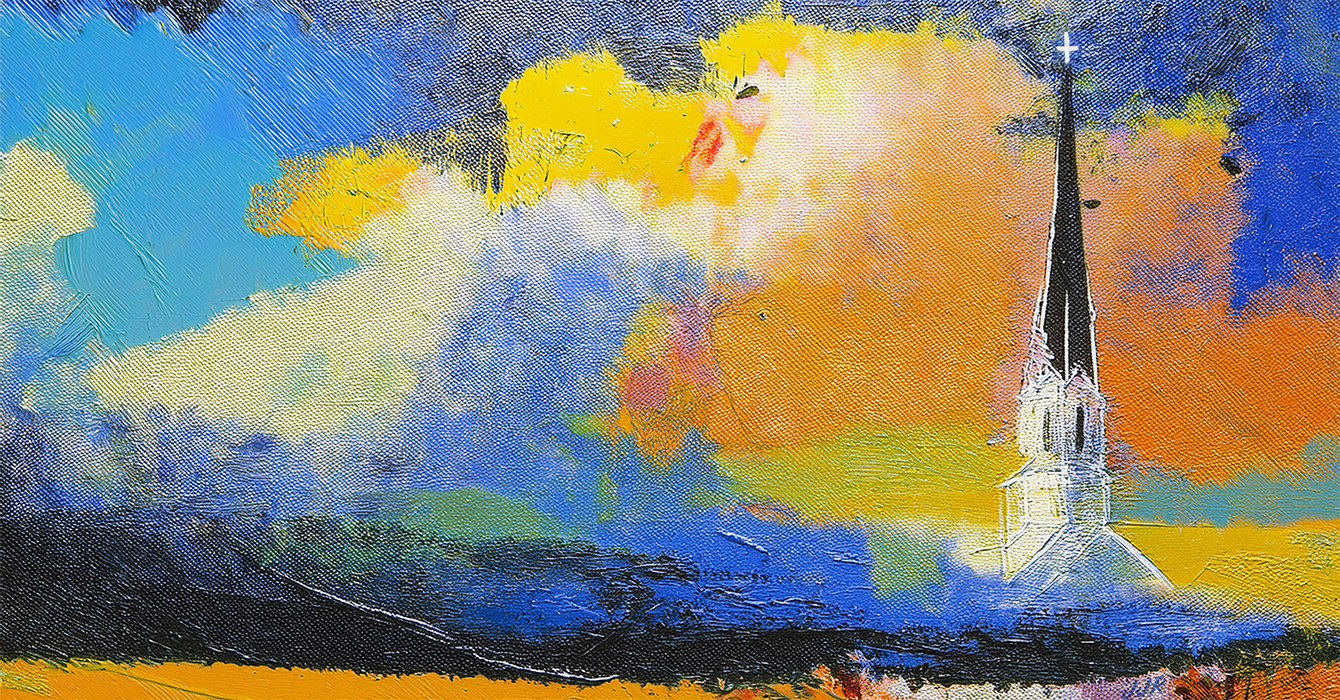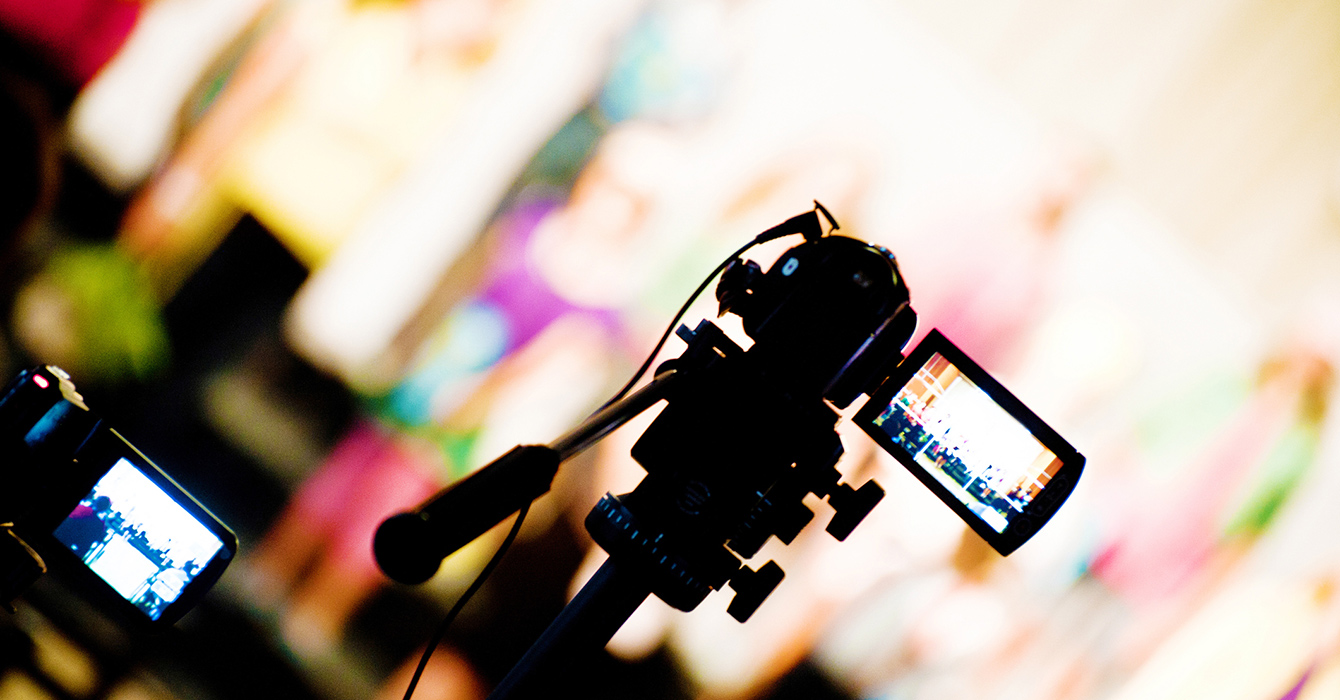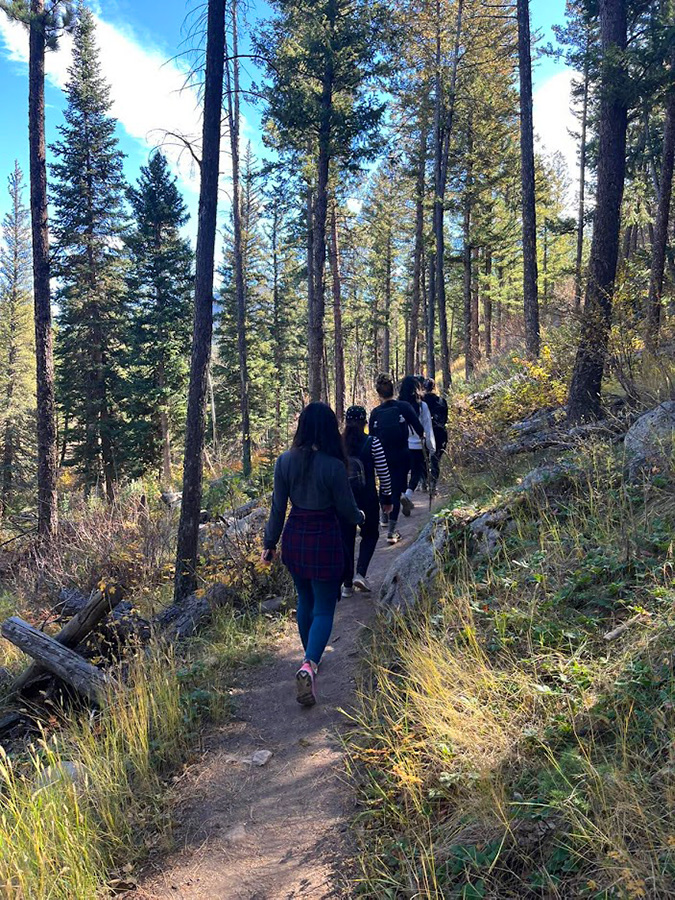Religious AI: Seven principles to consider when using GPTs
After studying religious GPTs, a scholar of technology and faith offers guidelines to help pastors who use these tools.
Recently published
After studying religious GPTs, a scholar of technology and faith offers guidelines to help pastors who use these tools.
 Link to author Heidi A. Campbell
Link to author Heidi A. Campbell
The expansion of virtual meeting options during the pandemic allowed us to continue our work and personal interactions more safely. Now, we need to rediscover the value of in-person gathering versus online efficiency, writes a director of grants for Leadership Education at Duke Divinity.
 Link to author Victoria Atkinson White
Link to author Victoria Atkinson White
A multilingual congregation experiments with AI translation to improve communication in churches where people speak multiple languages, writes their pastor.
 Link to author A. Trevor Sutton
Link to author A. Trevor Sutton
The emergence of COVID changed our lives. Professor and researcher Scott Thumma highlights how congregations have changed.
 Link to author Leslie Quander Wooldridge
Link to author Leslie Quander Wooldridge
Acadia Divinity College is experimenting with a course created entirely by AI, part of a project to understand and reflect on the impact of this emerging technology on theological education.
New research reveals uncertainty about technology use among smaller churches, while for larger churches it has become “second nature.”
 Link to author Shari Finnell
Link to author Shari Finnell
Negative attitudes toward the adoption of technology during the pandemic raise issues of fairness and justice into the future, writes the author of a study on the post-pandemic church.
 Link to author Heidi A. Campbell
Link to author Heidi A. Campbell
The latest findings from a five-year study reveal church attendance is recovering but without a discernible pattern.
 Link to author Shari Finnell
Link to author Shari Finnell
Rather than reacting with overblown fear or uncritical acceptance, Christian leaders should learn the benefits and pitfalls of artificial intelligence.
 Link to author A. Trevor Sutton
Link to author A. Trevor Sutton
Saddleback Church’s Jay Kranda explains how the megachurch uses innovative approaches to better serve its members.
 Link to author Shari Finnell
Link to author Shari Finnell
Important relationships began over Zoom during COVID-19. Let’s not discount their significance as we return to in-person gatherings, writes a communications specialist with Leadership Education at Duke Divinity.
 Link to author Emily Lund
Link to author Emily Lund









